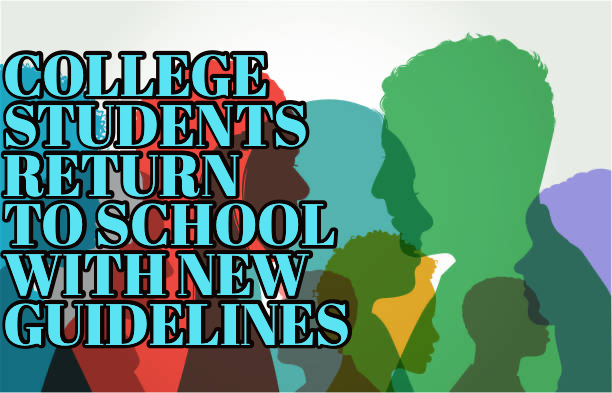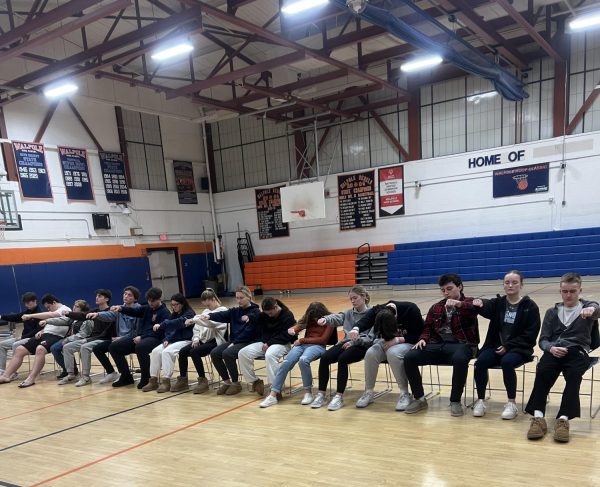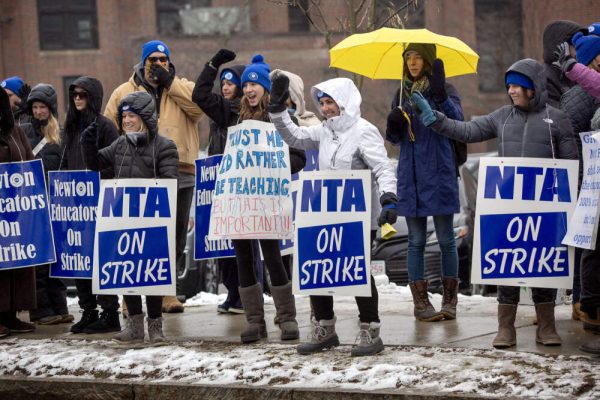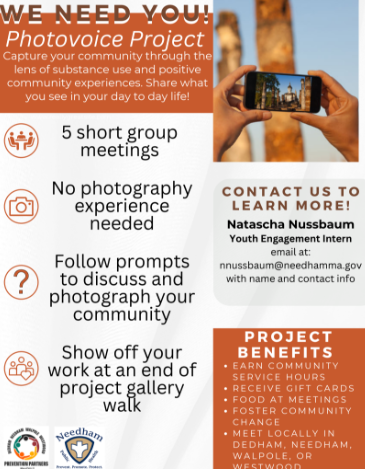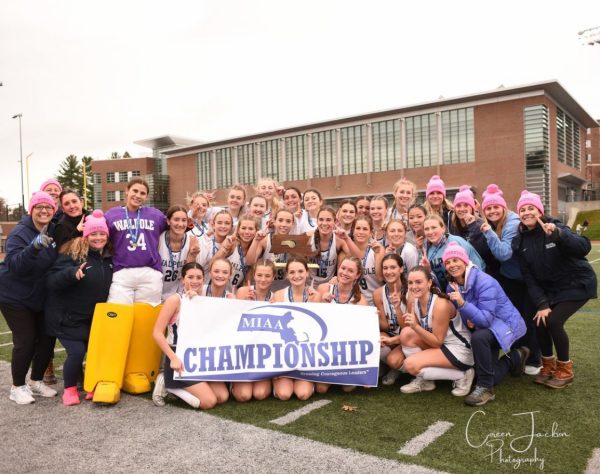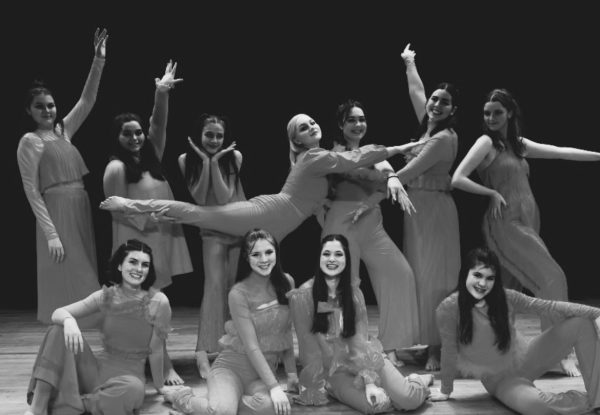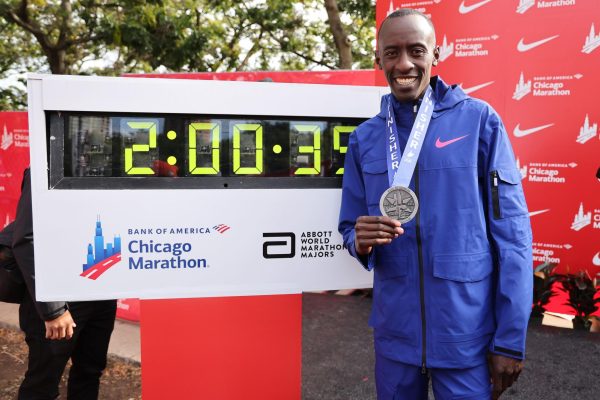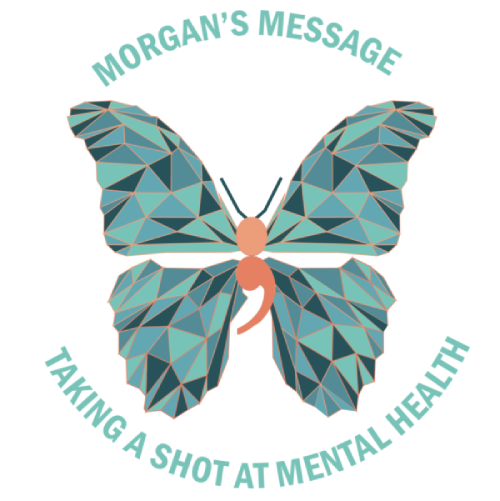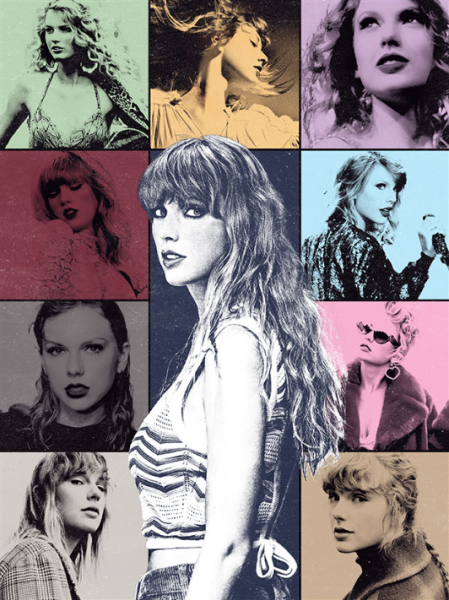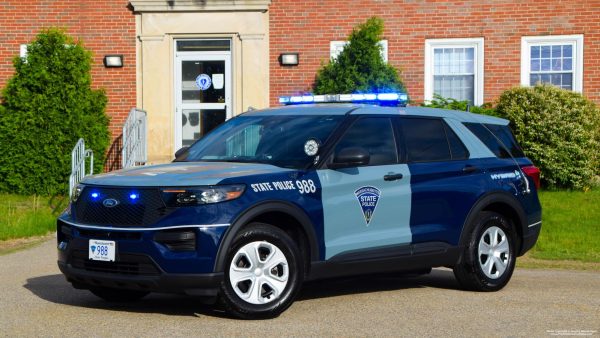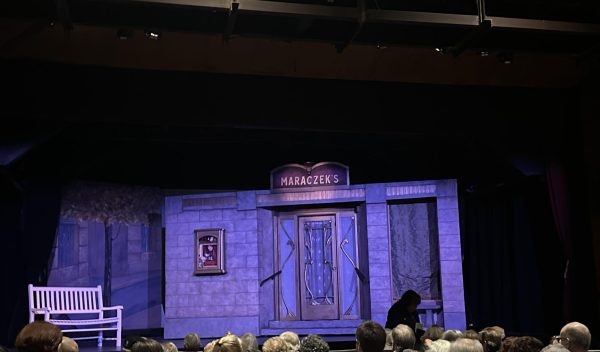Students Return to College Campuses with New COVID-19 Guidelines
College students left for winter break not expecting their college experience to take a major change, but then the Omicron variant hit the United States. Colleges throughout the country, including in Massachusetts, have changed mask mandates, type of masks allowed and whether classes are virtual or in person in attempts to keep a sense of normalcy for college students and keep them safe.
In an attempt to keep their college safe and reduce cases ahead of returning to campus, schools have instituted testing protocols in addition to the weekly testing they had already instituted. Boston College and other schools had students test within 72 hours of returning to campus as well as right when they returned to campus. Colleges continue to keep up their testing since many cases have been asymptomatic so it is the most efficient way to stop the spread. As previously, many schools provide tests beyond the weekly scheduled tests if a student experiences symptoms.
Many schools are focusing on vaccinations of both their students and staff as the best way to keep everyone safe, and many are holding their own vaccination clinics, like University of Massachusetts Amherst. Similar to the beginning of the school year when they made vaccinations mandatory, colleges are now doing the same with boosters. Schools including Northeastern University are making boosters mandatory as soon as you are eligible with many schools also making it mandatory for students to get their booster within two weeks of eligibility. Schools have acknowledged that students are susceptible to being infected by COVID-19 while at college since cases are high with the Omicron variant, so they continue to push for vaccinations as the way to prevent serious illness even if it will not prevent infection.
Colleges have kept up to date with the latest recommendations from the Center to Disease Control and Prevention (CDC) with quarantine and masks. Colleges are now allowing the five-day quarantine if one had weakening symptoms and no fever. The shorter quarantine with a mask use following allows students to miss less classes. In order to quarantine many schools have set aside more space than they had earlier in the year to be prepared for potential outbreaks, but many colleges still recommend going home. Some, like Stonehill College, actually have all students and staff go home to self-isolate.
Massachusetts colleges have continued and even expanded their mask mandates for more spaces. Since returning home in December, the CDC has come out to recommend N95 and KN95 type masks for use by all. Colleges have answered by recommending the same, and some have even gone a step further. The College of the Holy Cross made it mandatory as part of their mask policy that only surgical masks, N95, KN95 and KF94 masks will be permitted—not cloth masks. Boston University allows all masks as long as they fit properly, but they have also recommended N95 type masks and even provide them for the community.
In addition to all these new protocols, many colleges have pushed their return or have gone virtual for the first couple weeks to reduce cases. Other schools have released statements to advocate for going back fully in-person because of their adequate protocols and high vaccination rates. Still, many colleges have virtual options if a student is quarantined. Whether in-person or virtual, college undergraduates must continue to adjust to make the most of their college experience.
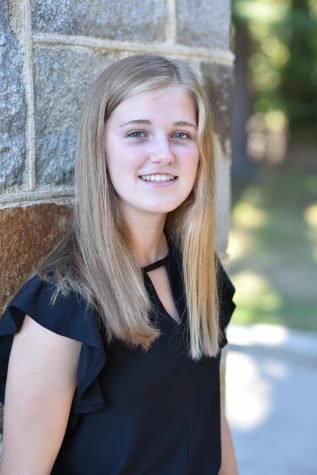
Grace Ryan, class of 2023, is the News Editor of The Searchlight. At Walpole High School, she is a part of Student Council, Community Service Club,...


